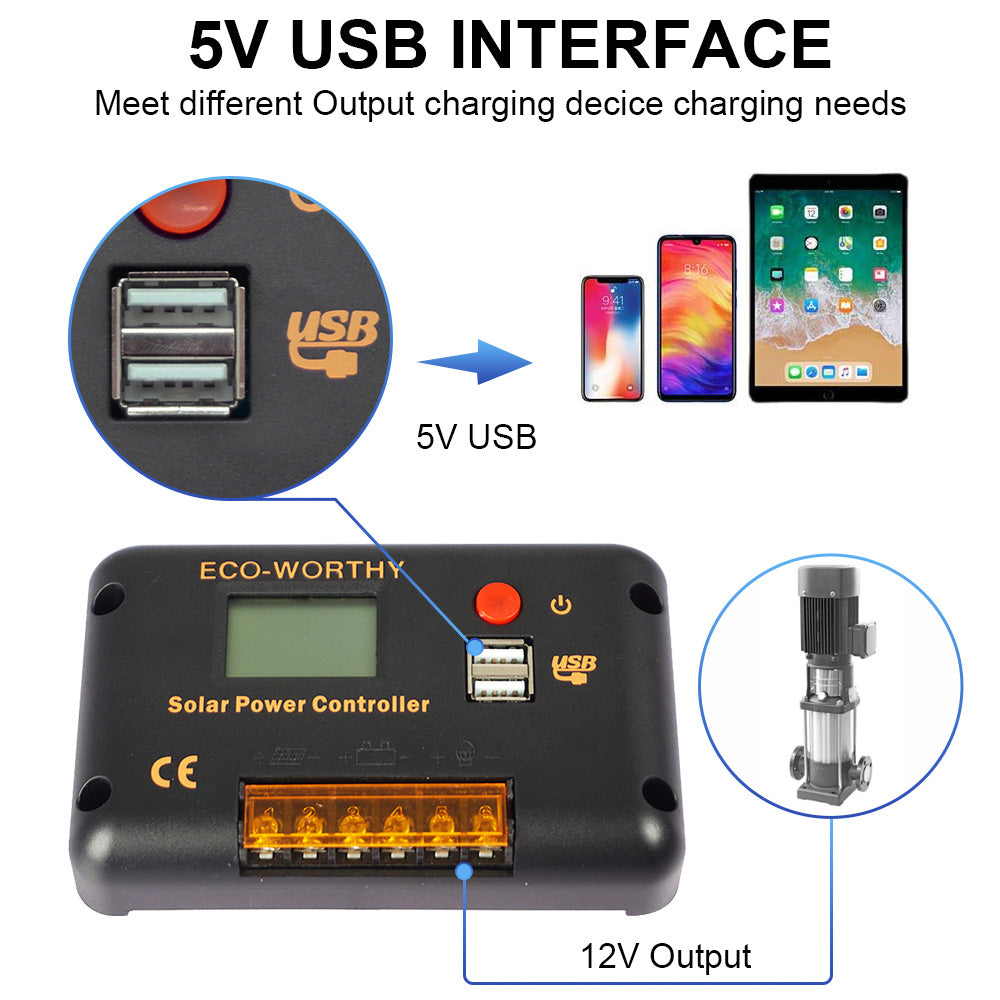In the realm of renewable energy, the solar system charge controller plays a pivotal role in optimising the performance of solar energy systems. This device is essential for managing the flow of electricity from solar panels to batteries, ensuring that energy is stored efficiently and safely. In this article, we will delve into the various functions and benefits of a solar system charge controller, highlighting its importance in enhancing both efficiency and battery longevity.

Understanding the Solar System Charge Controller
A solar system charge controller regulates the voltage and current coming from the solar panels to the batteries. Without this crucial component, batteries can be overcharged or excessively discharged, leading to reduced lifespan and potential damage. But how does a charge controller achieve this? It employs various techniques, including pulse width modulation (PWM) and maximum power point tracking (MPPT), to optimise energy transfer.
Key Functions of a Solar System Charge Controller
- Overcharge Protection: Prevents batteries from being charged beyond their capacity.
- Discharge Control: Stops batteries from discharging too deeply, which can lead to irreversible damage.
- Voltage Regulation: Maintains a steady voltage level to ensure optimal battery performance.
- Energy Management: Maximises the energy harvested from solar panels, enhancing overall system efficiency.
Enhancing Efficiency with a Solar System Charge Controller
Efficiency is a critical factor in any solar energy system. A well-functioning solar system charge controller can significantly improve the overall efficiency of the system. By utilising advanced technologies like MPPT, these controllers can adjust the electrical operating point of the modules, ensuring that the maximum amount of energy is harvested from the solar panels. This not only increases the energy available for storage but also reduces waste, making the entire system more effective.
Prolonging Battery Life
One of the most significant advantages of using a solar system charge controller is its ability to prolong battery life. By preventing overcharging and deep discharging, these controllers help maintain the health of the batteries. This is particularly important for lead-acid batteries, which can suffer permanent damage if not properly managed. Therefore, investing in a quality charge controller can lead to substantial savings in battery replacement costs over time.
Choosing the Right Solar System Charge Controller
When selecting a solar system charge controller, it is essential to consider several factors, including:
- Type of batteries used (e.g., lead-acid, lithium-ion)
- System voltage and current ratings
- Features such as LCD displays and remote monitoring capabilities
For those looking to purchase a reliable charge controller, you can explore options available at  . This resource offers a variety of controllers suitable for different solar setups.
. This resource offers a variety of controllers suitable for different solar setups.
Conclusion
In conclusion, the solar system charge controller is an indispensable component of any solar energy system. By enhancing efficiency and prolonging battery life, it ensures that your investment in solar technology pays off in the long run. Understanding its functions and benefits can help users make informed decisions, ultimately leading to a more sustainable and cost-effective energy solution.





